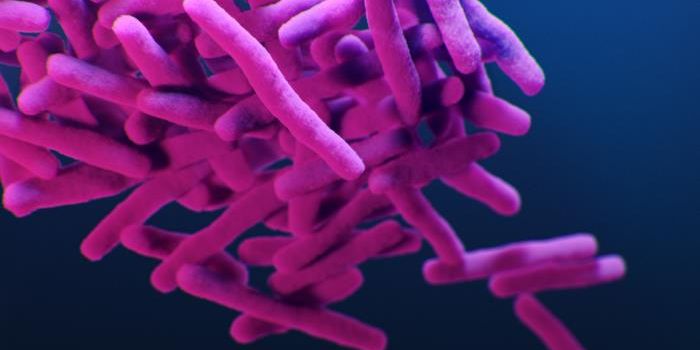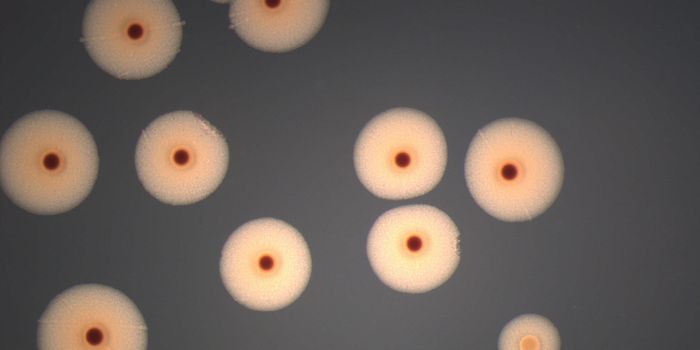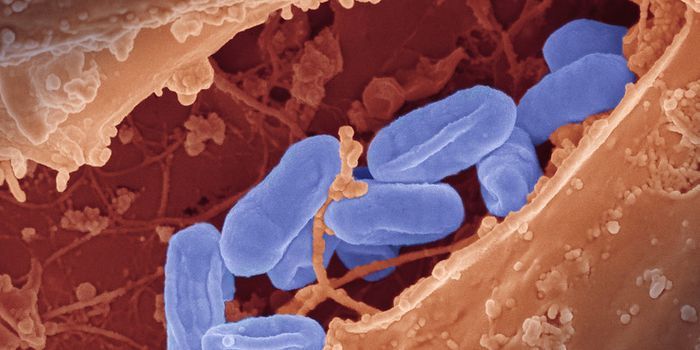A Vaccine to Prevent Urinary Tract Infections is in Development
New research has shown that a vaccine for the bacteria commonly associated with urinary tract infections works in animal models. Urinary tract infections are incredibly common; it's thought that half of all women will get one at least once during their lifetime. They are also a common side effect of catheters, which can diminish the quality of life for people that use one. Antibiotics are often prescribed to prevent UTIs in people that are more likely to get one, but the prolonged use of antibiotics comes with its own problems, including side effects of specific drugs and general disruptions to a patient's microbiome. Antibiotic use is also thought to promote antibiotic resistance in microbes.
Antibiotic resistance is already a problem in the treatment of UTIs. Bacteria called uropathogenic Escherichia coli (UPEC), are estimated to cause about 80 percent of uncomplicated UTIs, and they are gaining resistance to antibiotics typically used to treat UTIs including ampicillin, ciprofloxacin, and trimethoprim-sulfamethoxazole.
Some vaccines for UTI bacteria have already been developed and have not worked in testing, such as one that aimed to generate immunity against an E. coli protein. Others that have generated immunity require long, impractical dosing regimens.
Scientists sought to create a vaccine that would work against E coli that cause UTIs without disrupting the normal microbiome, and that would work with a sublingual dose. The immune response triggered by such a vaccine would also have to be active in the the urinary tract, which is a major challenge.
Reporting in Science Advances, researchers created a kind of nanofiber that can penetrate the mucosal lining of the urinary tract. It triggers an immune response by exposing the immune system to three peptides that are found on the pathogenic bacteria that can cause UTIs. The vaccine can be delivered on a disk that dissolves in saliva, under the tongue.
When the vaccine was tested in mouse and rabbit models, it was as good at preventing UTIs as antibiotics, but it did not lead to problems in the gastrointestinal tract like antibiotics do. In a mouse model in which sepsis was caused by UPEC, the vaccine improved symptoms and helped more mice survive the infection.
So, the vaccine works in animals. Now, the researchers will have to work on improving the vaccine and delivery system so it can be tested for safety and efficacy in humans.
The researchers also noted that the remaining 20 percent of UTIs are thought to be caused by a variety of bacterial pathogens including Klebsiella, Proteus, Pseudomonas, and Staphylococcus, so designing a 'universal' vaccine for UTIs would be difficult; since so many pathogens would have to be targeted, it would be extremely hard to avoid targeting non-pathogenic microbes.
Any vaccine that is aiming at bacteria must also avoid harming the good microbes that help keep our body functioning properly.
Source: Science Advances









